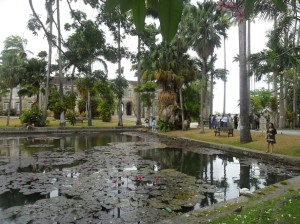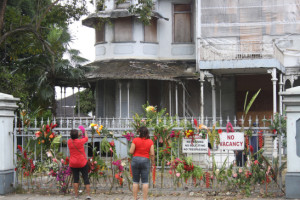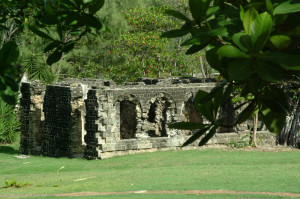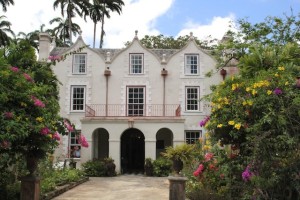-
1st Caribbean Conference of National Trusts, Barbados May 2014
Posted on May 12, 2014As we come to the close of the 1st Conference of Caribbean National Trusts, I’d like to thank and congratulate the Barbados National Trust for taking the initiative to bring us all together and for creating an experience which has far exceeded our expectations.
We saw in this occasion the opportunity to strengthen the ties between the National Trusts of the Caribbean, to build regional capacity and develop a local network. We sought to share experience in protecting, restoring and reusing historic sites, in promoting the nomination of World Heritage Sites and in sensitising governments to the value of our heritage. And we now have the feeling that our expectations were not in vain.
We have had the opportunity to share our experiences, to listen to committed voices, to feel that the things that concern us are basically the same and to be moved by dramatic reports or heroic endeavours.
We have learned that not all National Trusts are the same. Some, such as the National Trusts of Guyana, Trinidad and Tobago, and Jamaica are government agencies. Others, such as Bermuda and Montserrat are strict ngos. While several of the ngos receive small state subventions, all are largely independent and seen as a trusted partner and conscience of government heritage policies.
It was inspiring to hear from the St Vincent and the Grenadines National Trust about their work to engage the local community in finding an alternative to whaling. Now the chief whaler has hung up his harpoon, his whaling gear is in a museum and he runs fantastic whale-watching tours. A great success story! Let’s hope their plan to move an ancient petroglyph out of the path of the coming airport has a similarly positive outcome.
So, the Trusts have different structures. They also focus on slightly different things. Some organisations such as Citizens for Conservation in Trinidad and Tobago concentrate efforts on advocacy, awareness raising, lobbying and advice. Others, like Belize and Curacao, are grant giving.
The Protected Areas Conservation Trust (PACT) is Belize’s National Trust and provides funds for supporting conservation and promoting environmentally sound management of the country’s natural and cultural resources. PACT is a bold and innovative strategy for non-traditional revenue generation, primarily financed from the collection of a conservation fee of BZ $7.50 (US $3.75) paid by visitors to Belize upon their departure and a 20% commission from cruise ship passenger fees. Many of those present saw this model as something to replicate back home.
Most are involved in historic property stewardship, some in land management. All have a role to play in raising awareness, in winning over hearts and minds to the conservation cause, summed up by the Saint Lucia National Trust “we will use our essential and often fascinating conservation and environmental work to inspire and engage people more deeply in our activities, encouraging people not only to ‘join’ but to ‘join in’ our vital cause. We want the Trust to be less of an amenity and more of a movement”.
With all of us wondering about the future of a membership-based organisation focussed on visiting historic house museums, this challenge to better communicate our cause resonates across the globe. Many of the Trusts meeting here are struggling with funding and looking for innovative ways to engage the public, the business world, philanthropists and governments to secure the resources that we need for our work.
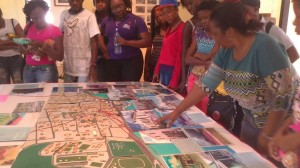
Director of the Montserrat National Trust, Sarita Francis, speaking about the island’s capital Plymouth, completely destroyed by the volcano
So, we are all different but we share many of the same goals and challenges. Alongside financing our future, the other common themes were the threat of external development pressure on the places we love, winning hearts and minds, bearing in mind whose culture it is we are trying to preserve – particularly thorny in the Caribbean – and finding the right use for historic buildings that balance conservation goals with community engagement and return on investment.
Yesterday, we visited St Nicholas Abbey a fabulous Jacobean great house with bags of wonderful stories to tell. For me, this felt the most familiar of the places we visited with its efforts to bring in new visitors through regular running of the old steam engine to crush sugar cane, its wonderful shop selling goodies made on the estate – including rum made in its boutique distillery, a 1935 film of the plantation and pleasant gardens. A must-visit when you’re next in Barbados!
As Professor Henry Fraser noted in his introduction to the event, “sometimes the left hand doesn’t know what the right hand is doing”. Now we feel that both hands can work together to weave the common threads into a strong, National Trust tapestry.

 44 (0)20 7824 7157
44 (0)20 7824 7157